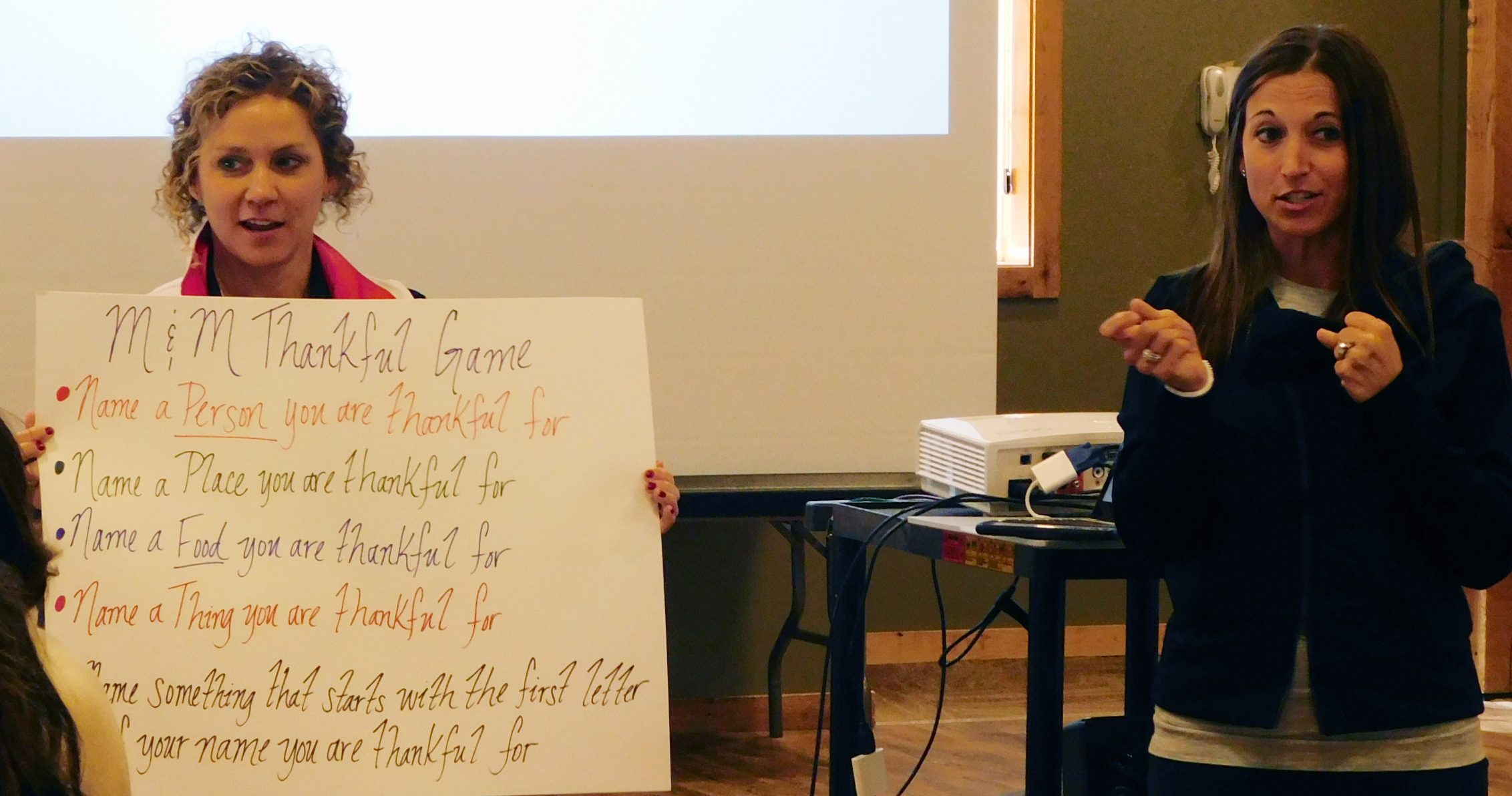Children, Families, and the Law, Center on

Center on Children, Families, and the Law: Faculty Publications
Document Type
Article
Date of this Version
9-2023
Citation
Published in Children and Youth Services Review 155 (2023) 107146
doi:10.1016/j.childyouth.2023.107146
Abstract
Differential response (DR) has been widely adopted in over 30 states to address shortcomings of the traditional approach to child maltreatment reports in complex family and case circumstances. However, despite continued evaluation efforts, evidence of the effectiveness of DR remains inconclusive. The current study aims to assess the impact of a DR program and potential predictors, including service match and number of family case workers, on maltreatment re-reports in a Midwestern state. The study utilized a randomized control trial and assigned eligible families to either the Alternative Response (AR) track or Traditional Response (TR) track. The enrollment was implemented in a phased rollout covering all counties in the state. Data were drawn from state child welfare administrative datasets and case worker surveys. The probability and time to re-reporting was calculated using survival analysis, while adjusting for case-level covariates. Prior ongoing case (HR = 3.24, p < 0.001), high risk level (HR = 1.43, p < 0.05), and having only one worker (HR = 1.92, p < 0.001) serve the case were strong predictors of re-reporting. The effect of service match within each level of prior ongoing case (No, Yes) was also a significant predictor of re-reporting (p < 0.05). AR had limited, but nonsignificant, impact on preventing re-reporting after adjusting for these factors, as there was no difference in terms of re-reporting between DR tracks. However, findings suggest that matching child welfare service with family needs is an important component of child welfare practice. Implications for DR policy and practice are discussed.
Included in
Administrative Law Commons, Courts Commons, Criminology and Criminal Justice Commons, Domestic and Intimate Partner Violence Commons, Family Law Commons, Family, Life Course, and Society Commons, Juvenile Law Commons, Law and Psychology Commons, Law Enforcement and Corrections Commons, Nonprofit Organizations Law Commons, Social Policy Commons, Social Welfare Commons, Social Welfare Law Commons


Comments
Copyright © 2023. Published by Elsevier Ltd. Used by permission.